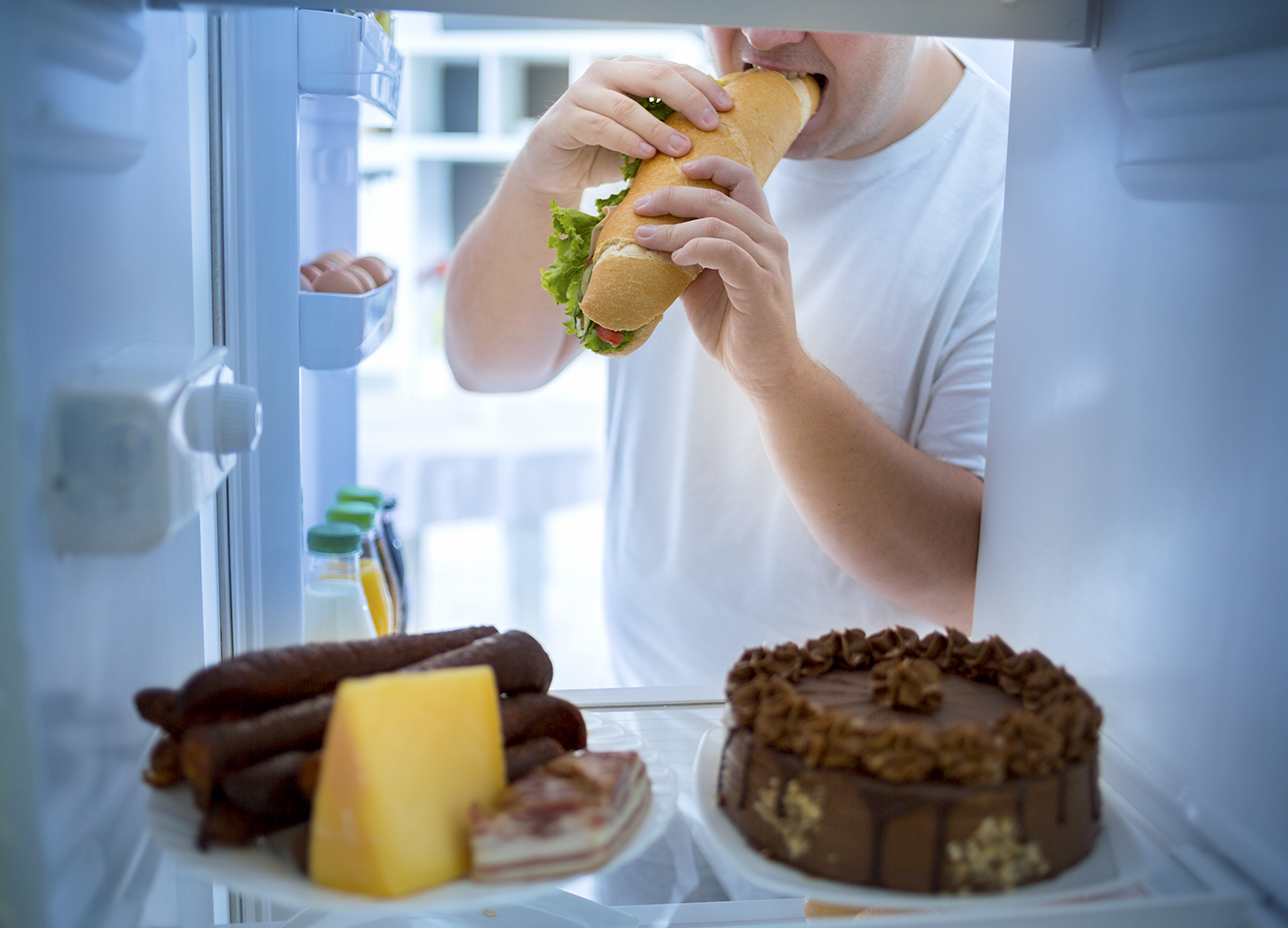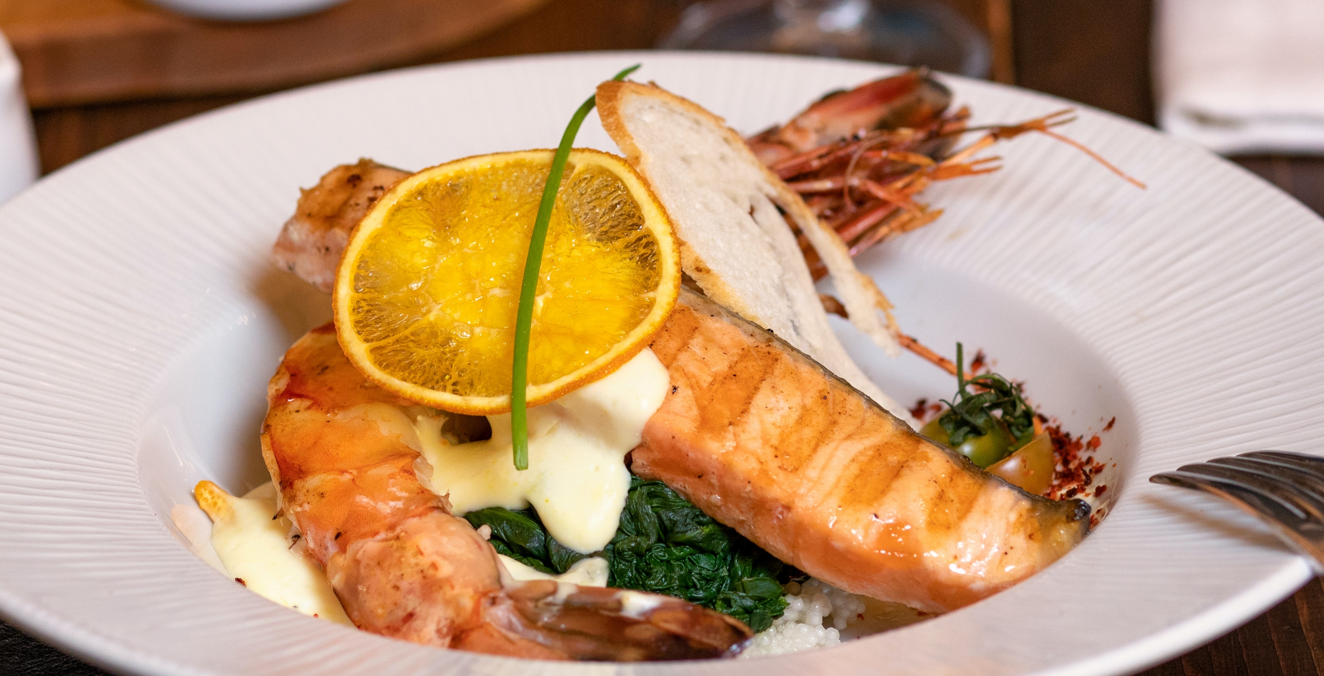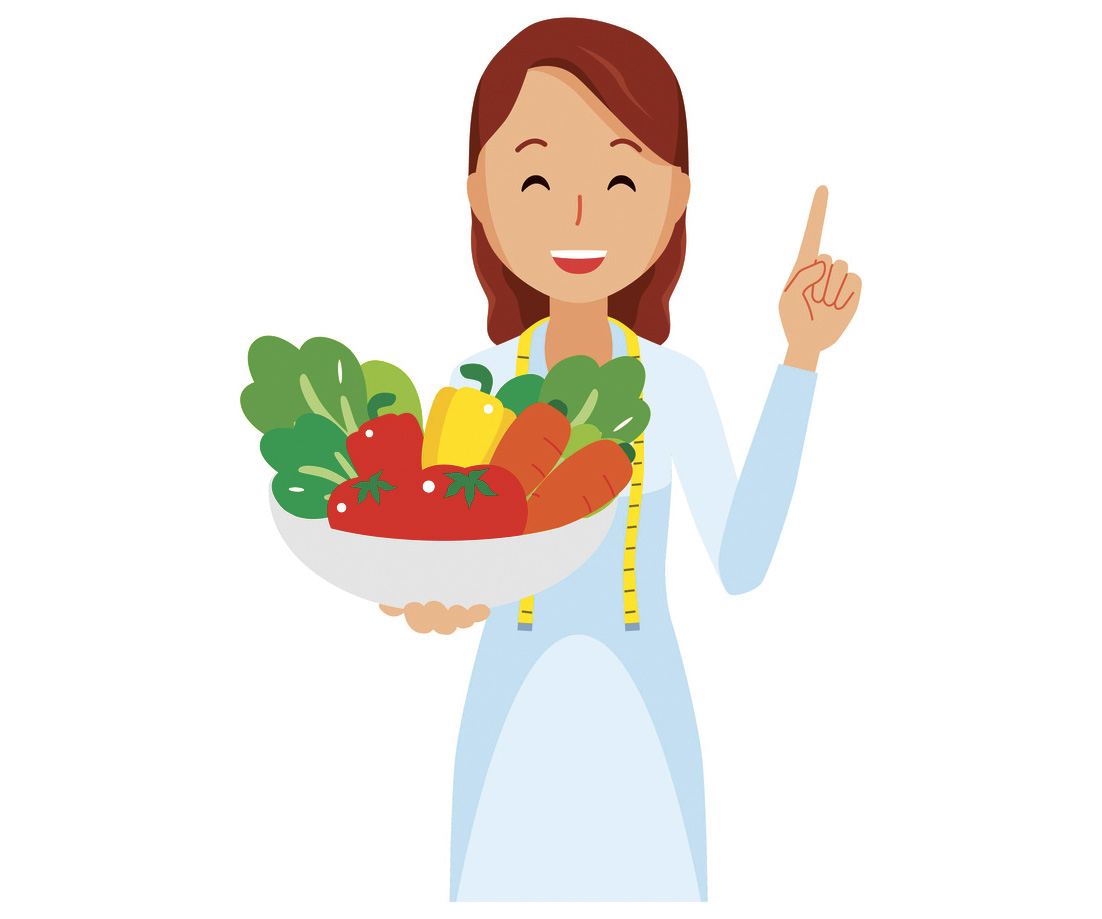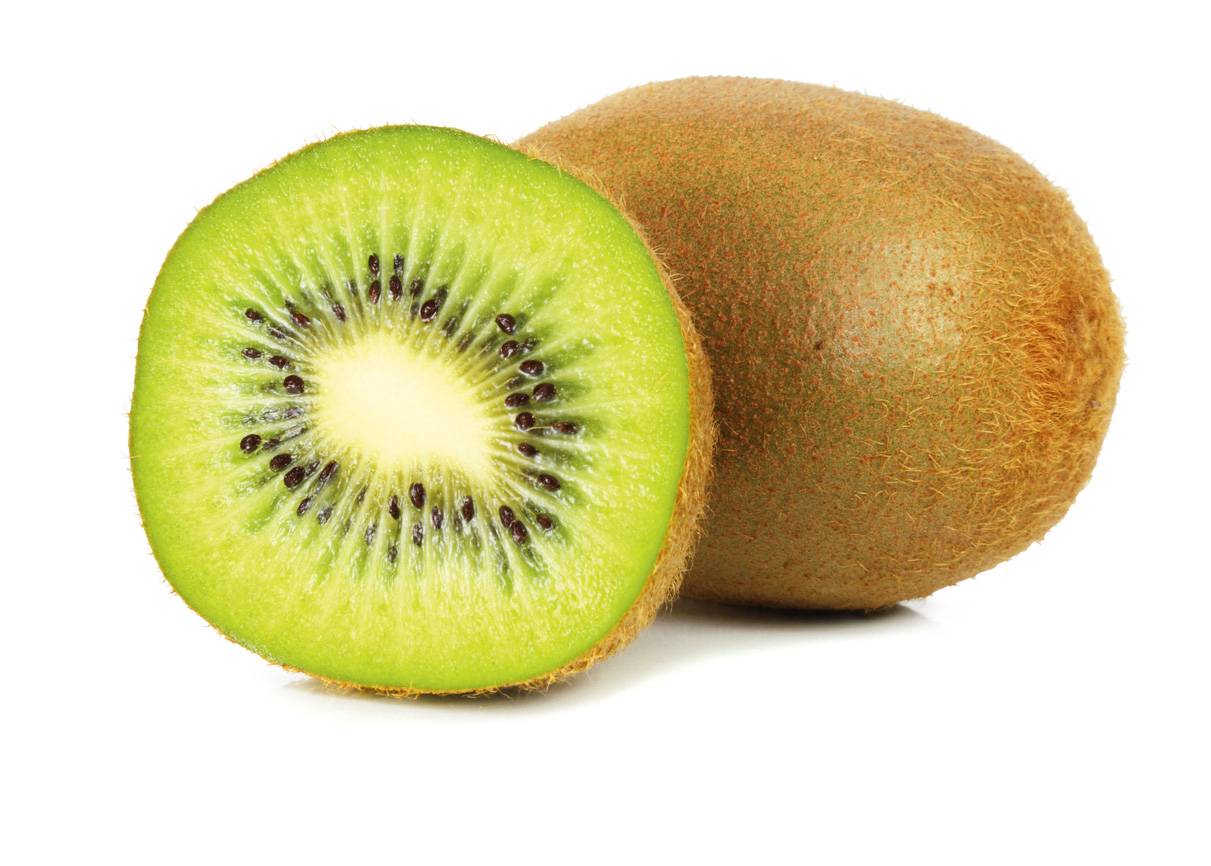We should stop worrying so much about what we should or shouldn’t eat, according to one expert
By Katrina Caruso
We were told that eating eggs, which contain cholesterol, was bad for our cholesterol levels. Then we found out that eating eggs doesn’t raise levels of the bad cholesterol that puts us at risk for a heart attack. Fat-free, low-carb, gluten-free, vegan, paleo…all of these diets and eating trends offer a lot of contradictory advice. As a result, a lot of us are left confused about what we should be putting on our plates.
Now an American doctor is arguing that it’s time for us to re-evaluate what we’ve learned about “bad foods.”
Dr. Aaron Carroll, a paediatrician and a professor at Indiana University School of Medicine, believes that there’s a lot of misinformation out there about what we should and should not be eating. His suggestions? Moderation and joy.
The author of The Bad Food Bible: How and Why to Eat Sinfully, Carroll argues that a constant barrage of warnings and fad diets have taken the joy out of food. He advocates eating what you want—sometimes. There’s nothing wrong with having that piece of chocolate cake for Sandra’s birthday. The key to a healthy diet is variety and balance, though certain items should be regarded as treats (bacon and pie come to mind).
So instead of cutting out gluten completely (unless you have a genuine—and rare—intolerance), consider eating a wide range of plants, proteins, and carbs, and look for ways to introduce some happy traditions or rituals into the kitchen. Cook with music, try one new recipe a week, entertain more often. Nurture a healthier relationship with your food.
Photo: iStock/LuckyBusiness.





